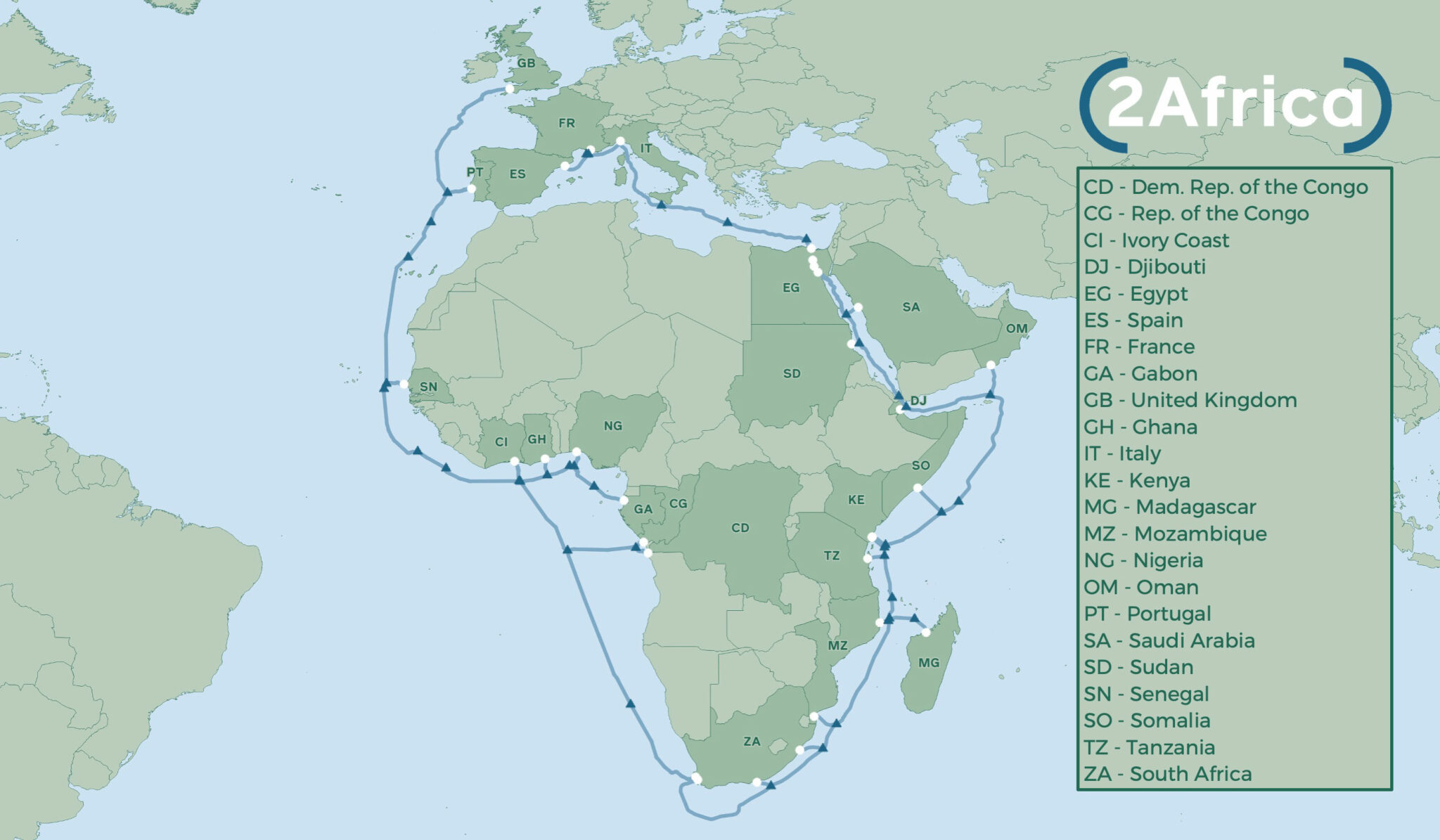I think the state of the internet is currently telecom landlords providing the basic hardware infrastructure like cables and routers for a fee, big tech corporations and traditional news outlets dominating mainstream websites/apps, and finally other groups doing things like maintaining technical standards, improving FOSS ecosystem, and building decentralized platforms to combat mainstream centralized platforms etc.
The pervasive anarchist "freedom" mentality on the internet brought by the US, that it shouldn't be regulated by the government, has led to an anarchist-style landscape that is instead regulated by private entities. Sure there are still some restrictions on what corporations can do like privacy laws, but the bigger problems are that relating to "free speech" and valid information.
Note that although we are on Lemmygrad, one of the many decentralized platforms in the Fediverse, this doesn't mean that decentralized platforms are a good alternative to centralized capitalist platforms. For starters anyone can setup a platform for their own reactionary groups. Without clear guidelines for development, decentralization is nothing more than chaotic anarchy that capitalists can take advantage of. The internet is already decentralized on the lower physical/link/transport layers (OSI model), the fact that we now have to "re-decentralize" it on a higher layer for applications like social media and file sharing is why I think this model is not sustainable for socialism on the internet.

 Warren. To this day he inexplicably gets pro-fossil fuel articles published and boosted on the Bad Orange Website (I initially encountered him in the comments and in Wikipedia surrounding such articles or his own page lol). He despises Rachel Carson for trying to give pesticides bad PR.
Warren. To this day he inexplicably gets pro-fossil fuel articles published and boosted on the Bad Orange Website (I initially encountered him in the comments and in Wikipedia surrounding such articles or his own page lol). He despises Rachel Carson for trying to give pesticides bad PR.

